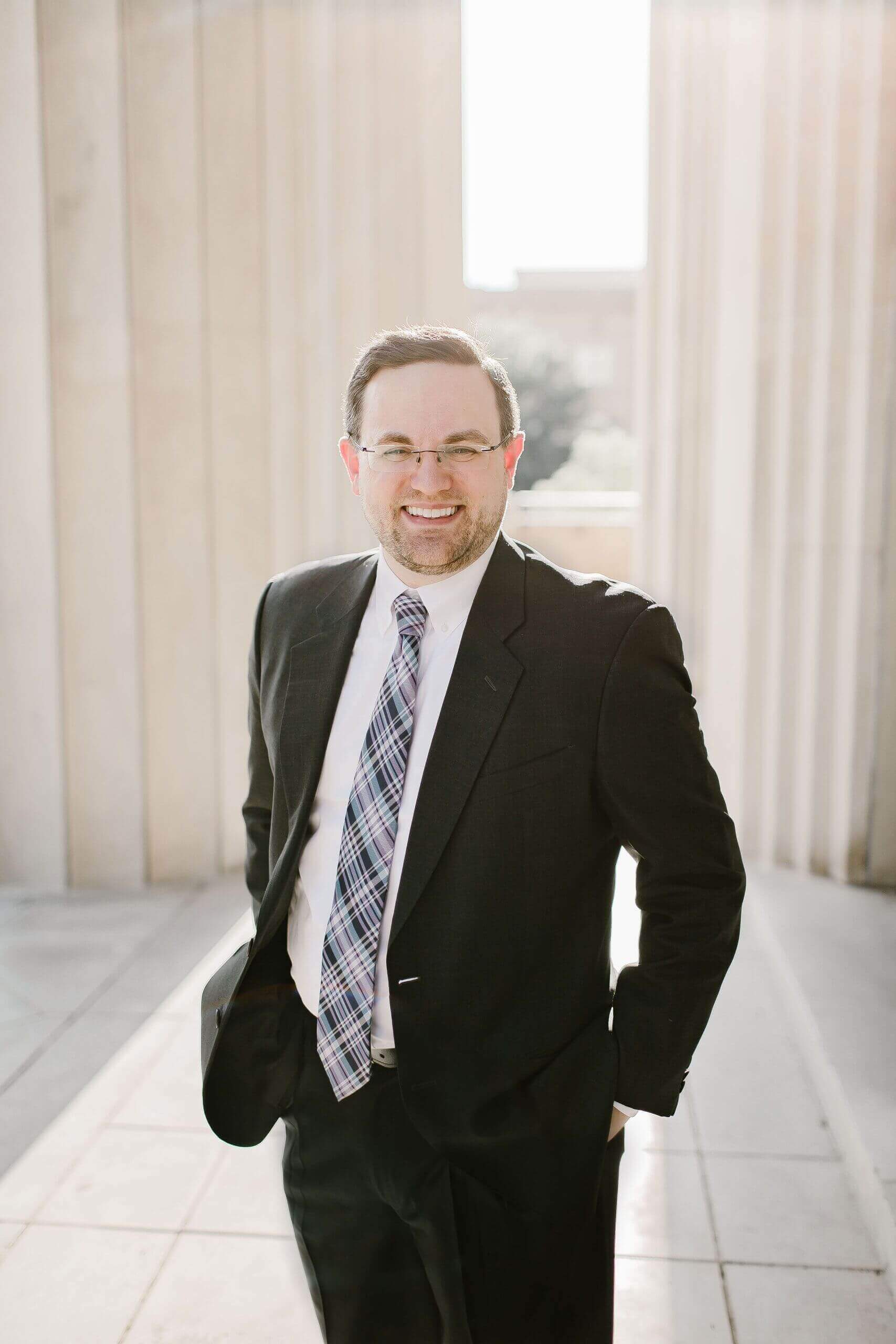Does Medicaid Pay for In-Home Care?
Traditionally, Medicaid has paid for long-term care in a nursing home, but because most individuals would rather be cared for at home and care there is cheaper, all 50 states now have Medicaid programs that offer at least some home care. In some states, family members can even get paid for providing care at home.
What Is Medicaid Home Care?
Medicaid is a joint federal-state program that provides health insurance coverage to low-income children, seniors, and people with disabilities. In addition, it covers care in a nursing home for those who qualify. Medicaid home care services are typically provided through home- and community-based services “waiver” programs to individuals who need a high level of care but would like to remain at home.
Home Care Limitations
Medicaid’s home care programs are state-run, and each state has different rules about how to qualify. Because Medicaid is available only to low-income individuals, each state sets its own asset and income limits. For example, in 2022 in New York, an applicant must have an income that is lower than $934 a month and fewer than $16,800 in assets to qualify. But Minnesota’s income limit is $1,562, and its asset limit is $3,000, while Connecticut’s income limit is also $2,523, but its asset limit is just $1,600.
What Will Medicaid Pay For?
States also vary widely in what services they provide. Some services that Medicaid may pay for include the following:
- In-home health care
- Personal care services, such as help with bathing, eating, and moving
- Home care services, including help with household chores like shopping or laundry
- Caregiver support
- Minor modifications to the home to make it accessible
- Medical equipment
Can Family Members Provide In-Home Care?
In most states, it is possible for family members to get paid for providing care to a Medicaid recipient. The Medicaid applicant must apply for Medicaid and select a program that allows the recipient to choose their own caregiver, often called “consumer-directed care.” Most states that allow paid family caregivers don’t allow legal guardians and spouses to be paid by Medicaid, but a few states do. Some states will pay caregivers only if they don’t live in the same house as the Medicaid recipient.
If you live in Searcy, Benton, Sherwood, Little Rock, AR, or surrounding areas, we can help you qualify for Medicaid with a combination of estate planning tools that suit your specific situation.
McClelland Law Firm, P.A. is here to help you and your loved ones understand probate and trust administration, estate planning, Medicaid planning, crisis planning, guardianship, and elder law. Our Benton, Sherwood, and Searcy law offices welcome you to contact us and learn how we can help meet your elder law legal matters in White County, Pulaski County, Saline County, and throughout Arkansas.

At McClelland Law Firm, we believe that limiting our practice areas provides the greatest value to our clients. To us, value means providing exceptional service and efficient processes for each of our practice areas.
We are committed to compassionate representations, especially as it relates to elder law. No one should feel pressured, controlled, or “talked down” to in any meeting. Every client deserves to be heard and understood.
